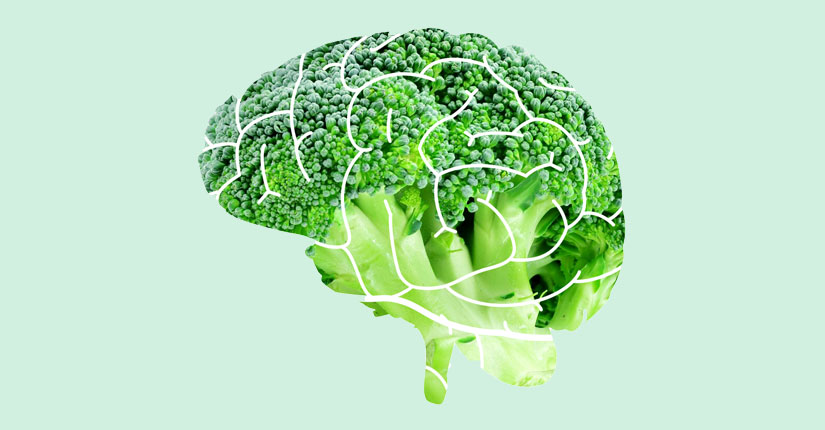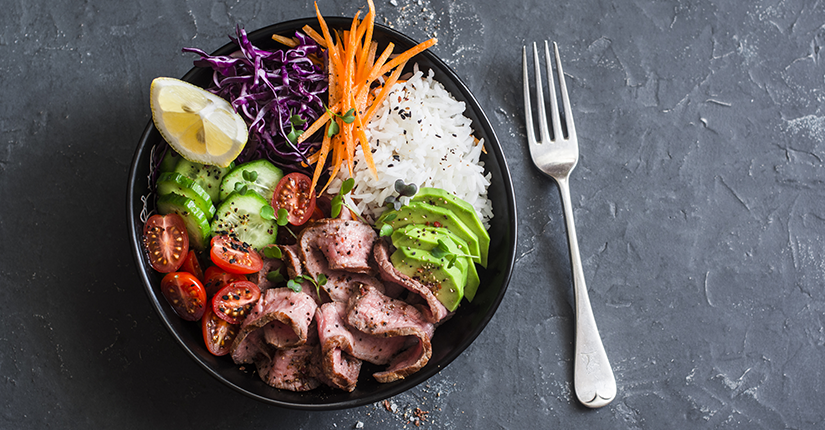Intuitive eating – Food Satisfaction Vs. Fullness
By Nmami Agarwal 15-Apr 2020 Reading Time: 5 Mins

Intuitive eating is about trusting your body and eating unconditionally without the feeling of any guilt. It doesn’t involve any diet or meal plan. Intuitive eaters pay attention to their hunger cues and eat guilt-free. There is no counting of calories or limiting yourself from certain food items. It means eating whatever your gut tells you to eat. People approaching this kind of eating habit know when and what to eat. They know when they are craving a healthy snack or when they want to eat a dessert.
As the name suggests, intuitive eating means having faith in your body’s food requirements and rewarding the body with what it demands. There are no rules or limitations to what you can or should consume. It’s all about honoring the body and catering to its needs. There is no feeling of depriving your body and its requirements rather you focus entirely on what the body calls for. To become an intuitive eater, you also need to challenge the morals that rule your hunger. You need to curb all the thoughts that make you feel guilty or force you to eat healthy food. Actively challenging your food morals is a key aspect of practicing intuitive eating. These are a few principles which guide intuitive eating:
- Putting away the idea of a diet
- Challenging your food morals
- Respecting your hunger and body
- Discovering the aspect of satisfaction
- Make peace with your food
Do you sometimes feel that even after eating a huge bowl of food, you still don’t feel content? Even though you feel full, you don’t sense the feeling of satisfaction? You may finish a big plate of salad and you might even feel full, but the feeling of satisfaction is still not there. Feeling full and feeling satisfied hold two entirely different meanings. While fullness is a physical state, satisfaction is a mental state. To understand it in more detail, try to understand that we don’t always because you are hungry. While considering hunger or fullness, you might neglect satisfaction.
It is possible to be full but not satisfied. It is extremely important to acknowledge your likes and dislikes. If you are eating what you should eat rather than eating what you want to eat, you can’t experience satisfaction. Intuitive eating doesn’t involve eating to achieve fullness. Not achieving satisfaction after eating a meal will only make you lookout for more food options and you might even overeat. It is easier to acknowledge you are full when you are consuming a meal that makes you satisfied and content. Therefore, it is necessary to build a satisfying meal. Here is how you can achieve that:
- Acknowledge your likes and dislikes: Pay close attention to what kind of taste and texture you enjoy. Make your meal as personal as it can get and try different food items that bring you joy and content.
- Make a meal rich in carbohydrate, protein, and fat: These nutrients tend to make your meals more fulfilling and satisfying.
- Add cheese, butter, and seasoning
- Focus on what you are eating
- Eat your meals without any distraction
Footnote
Intuitive eating means honoring your hunger and not depriving the body of what it needs or demands. It promotes a healthy approach towards food and body.





















